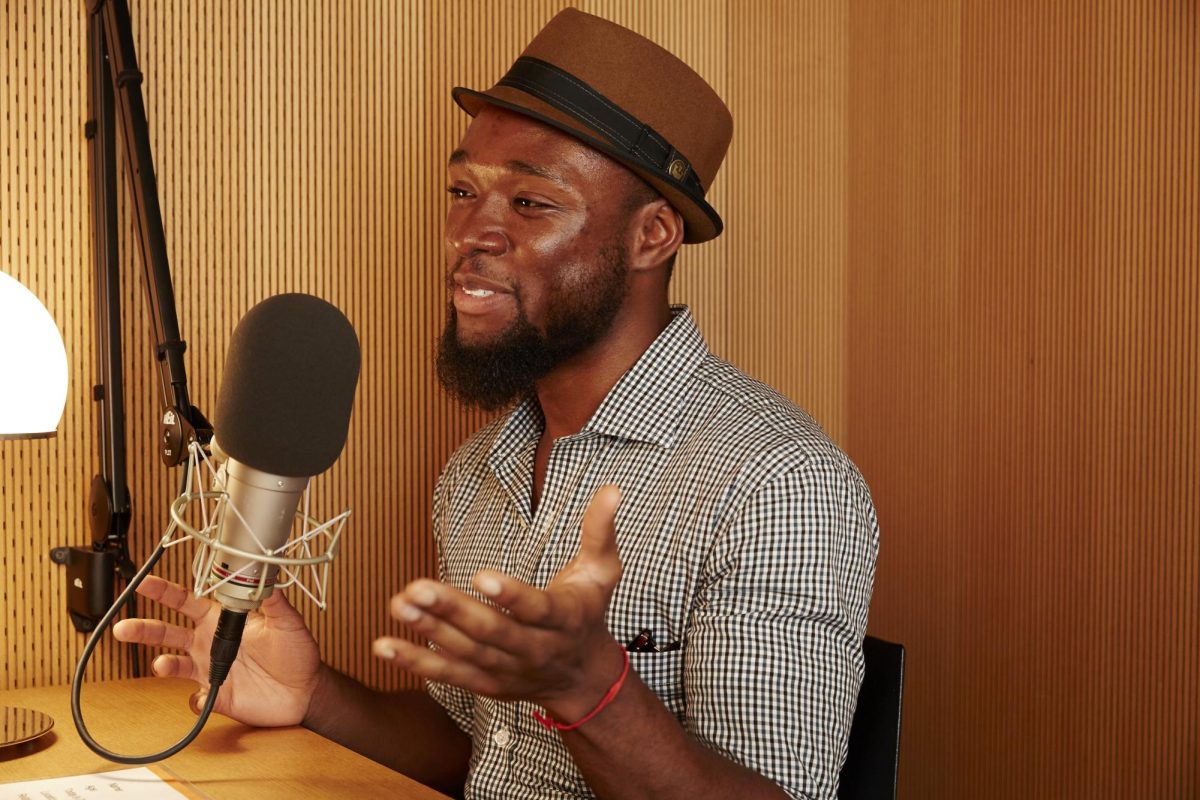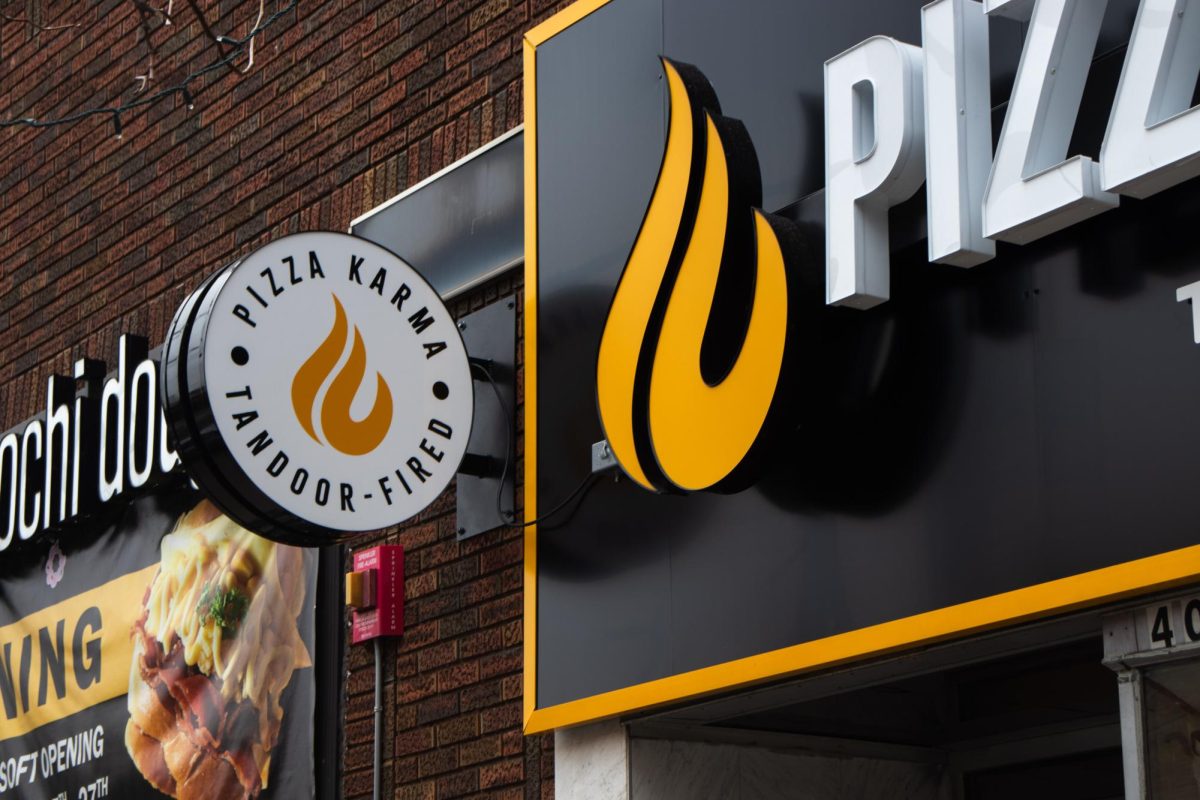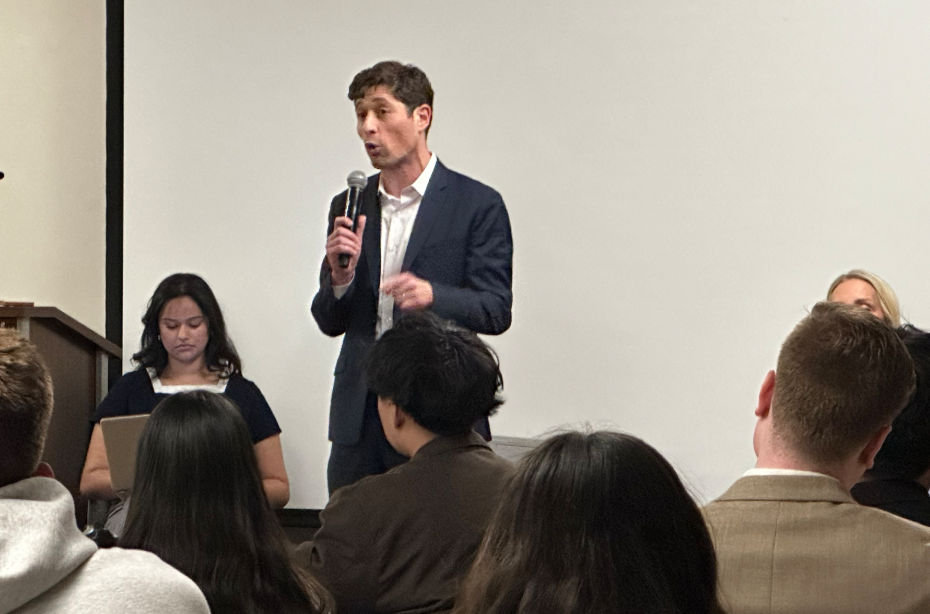A Minneapolis program that incentivizes landlords to retain affordable housing will have a prominent presence in the University area.
The 4d Pilot Initiative gives landlords a tax break if they restrict the leasing of 20 percent of units in a building to people who make 60 percent or less of the area’s median income in order to encourage the retention of naturally occurring affordable housing, or NOAH, in the city. Of the 207 units that will receive the tax break, 68 are in Marcy-Holmes.
After landlords submitted applications to the City in May, units were identified to receive the tax reduction, including some units in the St. Anthony Village Apartments in Marcy-Holmes.
The Minneapolis City Council Housing Policy and Development Committee will use the results of the pilot to make recommendations in October for a full 2019 program.
Previously, the tax incentive was only available to affordable properties receiving government subsidies — this program extends that classification to unsubsidized units.
Minneapolis Mayor Jacob Frey said that while building more affordable housing is critical, the city must also seek creative options to preserve existing affordable housing.
Qualifying units receive a 40 percent tax abatement with an agreement that rent will remain affordable for the next ten years. Benefits also include options for free City services like energy efficiency audits and screenings for lead, asthma triggers and other health concerns.
Frey said the program has been a success and hopes to expand it in the 2019 budget with a potential to enroll as many as 2500 units.
Grant Simons, a Minnesota Student Association member and resident of Marcy-Holmes, said that University Avenue is filled with NOAH that should be preserved, but is unsure if NOAH in the neighborhood is immediately threatened by new development.
He believes many of the buildings would be safe because they present historical significance and are properly maintained.
“It’s something that I feel like is automatically understood by the community … that naturally occurring affordable housing is a good thing,” Simons said. “I haven’t seen any major shifts of a lot of the buildings that are naturally occurring affordable housing to be renovated, gutted or flipped into something a little bit more expensive.”
He did express hope that these units would be protected in the future, citing a potential risk in the coming decades.
Ward 2 Council member Cam Gordon, chair of the City’s housing committee, is excited for the program and other continued efforts toward affordability in Minneapolis.
The pilot, which builds on a current state program to retain NOAH units, increases the number of eligible property owners in Minneapolis.
“We’re dramatically broadening the number of property owners eligible to participate by offering a small subsidy through the city and … so far, it’s working,” Frey said. “We’re just getting started.”







